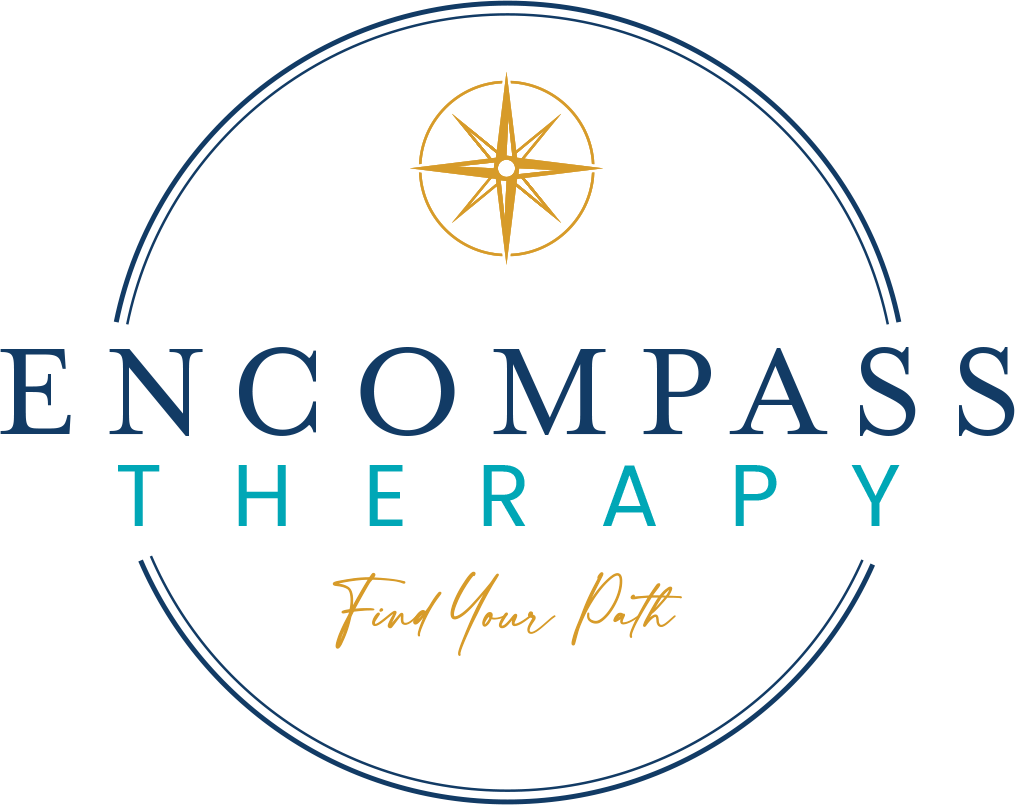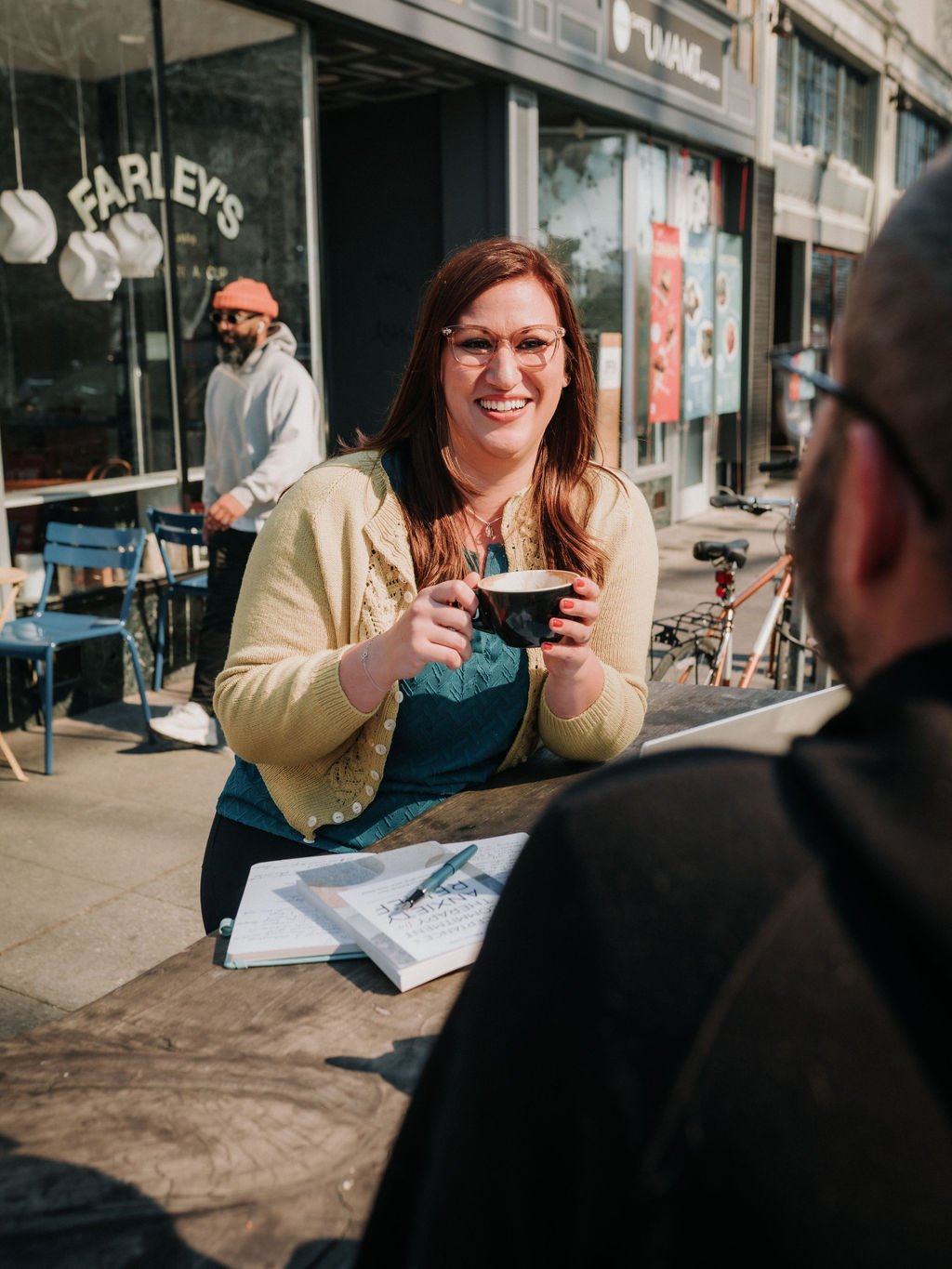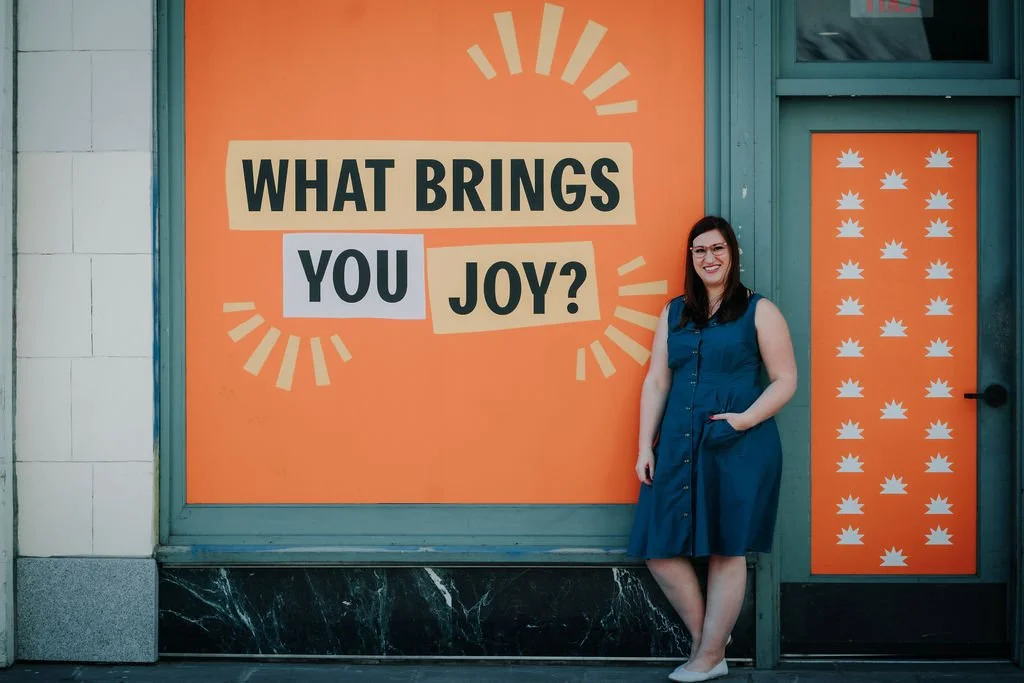How to Find the Right Therapist (Without Getting Overwhelmed) in NYC and SF Bay Area
If you have been feeling overwhelmed, exhausted, and stretched too thin, you are not alone. Life is more stressful and exhausting than ever:
Rent is unaffordable
Increasing layoffs means you might be looking for work, feeling insecure in the work you do have, or being asked to do increasingly more
You witness suffering and hardship and feel helpless
Our economy and political system feel more precarious than ever
You feel lonely even when surrounded by people
You have decided that therapy could be a place to sort through all these existential stressors, but where to start? Big cities tend to have a large concentration of therapists, which can feel overwhelming. With all these options, how do you find one that is right for you?
Here are ways to think through the therapist search: questions to ask yourself as well as questions for therapists you are considering. Because I am licensed in both California and New York, I will be focusing on the SF Bay Area and NYC. With that said, most of these points are applicable in other areas as well.
Use Your Community
A lot of this guide will focus on narrowing down therapy referrals – often found on the internet – and choosing the right one. However, maybe you’ve tried Google, Psychology Today, and the like, and got overwhelmed or didn’t like what you saw.
If you know a therapist, ask them for recommendations! As a member of listservs and therapist groups, I often help people in my life find their own therapist. I have even helped my clients find therapists for their partners, children, or friends. If you have a therapist friend or know a friend in therapy, ask if they would be willing to give you some suggestions. If you find a therapist online you’d really like to work with, but they are full, they might offer suggestions as well. The key is to get started and begin asking around.
Where Do You Want to Do Therapy?
First up: Do you want to meet in person or over telehealth? During the pandemic, therapy moved mostly online. In the last year, there has been a resurgence of in-person therapy. So now you have the option of in-person, virtual, or a combination of both.
The data shows that telehealth can be just as effective as in person therapy. Remote therapy can be particularly helpful if your circumstances require flexibility. Telehealth has allowed clients and therapists to connect when it would otherwise not be accessible. Some examples include:
The right fit therapist is in a different region or even state as you.
Your work and family responsibilities make it too difficult to carve out the time for the appointment and the commute to/from their office.
The idea of sitting across from someone and diving in for an hour a week feels emotionally overwhelming to start.
That said, a lot of us are craving in-person connection. Zoom fatigue is real! Many people find it easier to be present in therapy and want the sense of community, connection, and nervous system regulation that sharing space with another human provides. In-person is particularly helpful if:
You feel alone in your pain or are craving community.
You want therapy to feel like a sacred space outside of work and family responsibilities.
Finding uninterrupted privacy for an hour isn’t easy or possible at home or work.
Context switching from work or home straight into therapy is too jarring.
Knowing your priority is important here, especially if you have a strong preference for one or the other as that will filter out some therapists. If you are flexible or unsure, more therapists offer both, so make this part of your consultation call.
What’s Your Budget?
Next, ask yourself how you can pay for therapy. Many therapists in both NYC and the Bay don’t take insurance directly – you pay them and then submit a superbill (itemized invoice) to your insurance for reimbursement. It can be confusing and disheartening to balance financial realities with finding the right therapist for you, but there are options:
Use your insurance. This takes some research and persistence as many insurance referral lists are out of date. There are also third-party companies that might partner with your plan to connect therapists to clients.
Ask about sliding scale. Many therapists offer a few spots for reduced-fee clients. If you have economic need, it doesn’t hurt to ask in that first phone call.
Consider private pay. If you have the means, private pay gives you the most freedom to find a therapist who has the approach, style, and location that you are looking for. Fees vary widely in both the Bay and NYC.
You Need a Solid Connection
Finding the right fit for therapy can feel like alchemy. Like any relationship, we can’t know who we will “click” with, and this relationship is an important one. In my therapy work, I’ve seen how powerful therapy can be when the relationship is strong.
A lot of data suggests that the bond between client and therapist is the most important variable in therapy. It makes sense then that it might take a few tries to find the right person. We don’t expect to find our closest friends or partner immediately. No, we go on many dates and have friends come in and out of our lives.
That’s one of the functions for an introductory call with a new therapist. Yes, you’ll learn about their approach and fees, but more importantly, you’ll learn if you like the experience of talking to them. But this is just a sample. The first session is also important to see what it feels like to spend 50 minutes with this person. It takes time to learn if this is someone who sees you, understands you, and challenges your perspective in support of your goals. Some questions to ask yourself after both the introductory call and the first session include:
Do you feel heard and understood?
Do their questions or responses make you feel seen AND shift your perspective or challenge you in some way?
Are they curious and want to understand more (rather than providing quick fixes or advice)?
I often check in on how therapy is feeling after the first or second session because it can take time to see if someone is a good fit. Don’t be afraid to name if you feel like you are missing something or are considering stopping therapy. It could be powerful enough to shift the dynamic and be the change you need. Even if that doesn’t happen and you decide to stop working with the therapist, by naming your feelings, you gave the relationship a chance to work while not wasting time pretending it was working.
But What Kind of Therapy Will Work for Me?!
You might be coming to the end wondering when I was going to cover therapy styles – how do you choose between CBT, psychodynamic, or EMDR for example? The short answer is it isn’t as important as you think, and if a specific modality is really important to you, you already know that. I often say that we therapists are all trying to do the same thing with different words: to help people be more compassionate, aware, and engaged in life.
I am trained in ACT and DBT, yet my therapist is psychodynamic. My closest friends use psychoanalytic theory, IFS, and existential analysis. And we all do very similar work at the end of the day – and respect the hell out of each other. If you don’t know what all those terms mean, that’s okay! Finding a therapist who listens closely, makes the right connections, and helps you shift out of patterns takes work. No one modality will guarantee a good therapist fit.
That said, if you know a modality generally works for you, or you are really curious about a specific style, embrace that! I love my style, and my therapist besties love their styles. What works for you, works for you. Talk to a few people who offer that and find the one you click with.
Get Clear on Non-Negotiables then Experiment
Finding a therapist can take time; it’s an important relationship in your life! Start with the basics. Identify how you want to meet for therapy – virtually, in-person, or both – and your budget for paying for therapy. Then, talk to a few therapists. Do consultation calls and see how it feels to talk to this person. And know that it is normal to meet with someone once or twice and realize it isn’t actually a good fit after all. Trust yourself and don’t give up.



